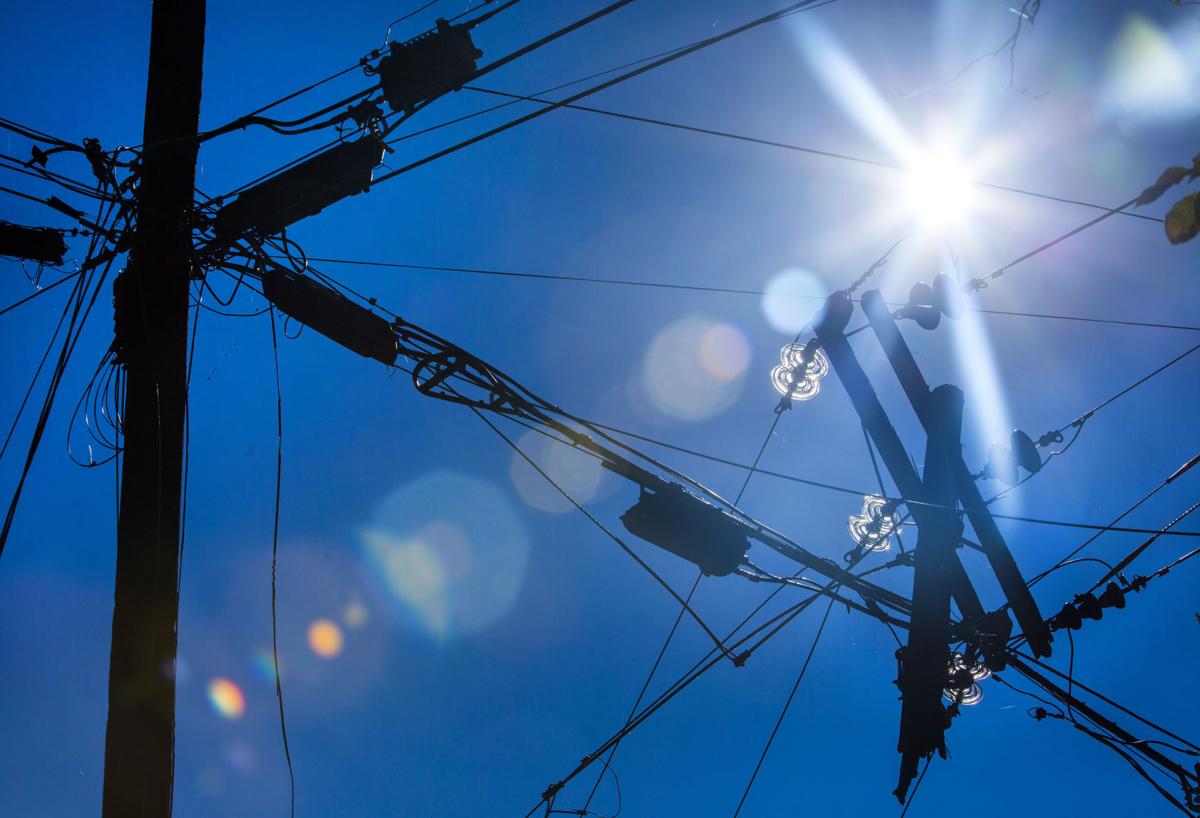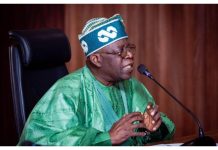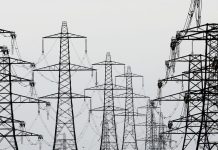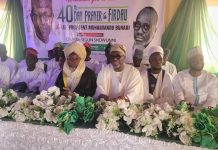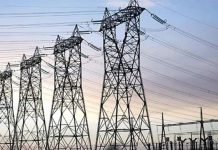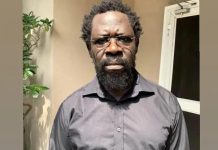Africa Press-Nigeria:
Deposit Money Banks have been requested by Central Bank of Nigeria, CBN, to ensure that Electricity Distribution Companies, DISCOs, pay for consumed power they were provided guarantees.
This is part of a renewed effort to improve payment discipline in the Nigerian Electricity Supply Industry, NESI.
Consequently, banks providing guarantees to Nigeria Bulk Electricity Trading, NBET, Plc and the Transmission Company of Nigeria, TCN, on behalf of DISCOs, would take full responsibility for the collections of the concerned DISCOs, and the remittances of the DISCOs to both NBET and TCN.
The step was taken to deal with the huge debt overhang among the DISCO, according to Mr. Yunusa Abdullahi, the Special Adviser (SA) Media and Communications, to the Minister of Finance, Budget And National Planning, in a statement , yesterday.
He also stated that President Muhammadu Buhari has approved a one-year deferment of the 35 percent Import Adjustment Tax to ease the importation of electricity meters.
Import Adjustment Tax is levy usually imposed on Fully Built Unit, FBU, electricity meters, under the 2019 fiscal policy measures for the implementation of Economic Community of West African States, ECOWAS, common external tariff (CET) 2017 – 2022.
The approval was sequel to the request by Mrs. Zainab Ahmed, Minister of Finance, Budget and National Planning, to support the Nigerian Electricity Regulatory Commission, NERC, in rolling out three million electricity meters, under the Meter Asset Provider (MAP) framework.
The move, according to the minister, is a demonstration of government’s commitment to tackle the electricity challenge in the country.
Mrs. Ahmed was quoted as saying: “The 35 percent levy was imposed on the recommendation of the Federal Ministry of Industry, Trade and Investment, to encourage local production, as well as protect investments in the local assembly of electricity meters.”
According to Mr. Abdullahi, an important feature of the MAP regulation is a gradual up-scaling of the patronage of local manufacturers of electricity meters with an initial minimum local content of 30 percent with the potential of significant job creation in the area of meter assembly, installation and maintenance.
He said, however, that the application of the 35 percent levy on electricity meters – HS Code 9028.30.00.00 has created a significant challenge to the smooth implementation of MAP scheme of NERC.
The SA said that though the 35 percent was in existence since 2015, the MAP regulations by NERC in 2018 to bridge current electricity metering gap, did not factor the 35 percent levy in arriving at the regulated cost of electricity meters to end-users (consumers).
He said: “It was also noted that electricity consumers have embraced the opportunities presented by the MAP regulations and signed off to pay for electricity meters at the regulated prices approved by NERC.
“A total of six million consumers have to date been captured to have indicated interest for electricity meters. “Some of the approved investors under the scheme have also, prior to the implementation of the appropriate HS Code 9028.30.00.00 for the importation of electricity meters, proceeded to import a significant stock of meters for roll out.
“This is in line with the timelines issued by NERC and the service level agreement agreed with the Electricity Distribution Companies, DISCOs.
“In view of the local content for the sourcing of electricity meters, “it is approved that 50 percent of the current demand for electricity meters be considered for importation at the ECOWAS CET import duty rate of 10 percent zero levy.
“This is to immediately bridge the gap between the demand for electricity meters and local supply. It is also envisaged that this will provide protection for local electricity meter manufacturers and the opportunity to ramp local capacity in the production of metres.”


